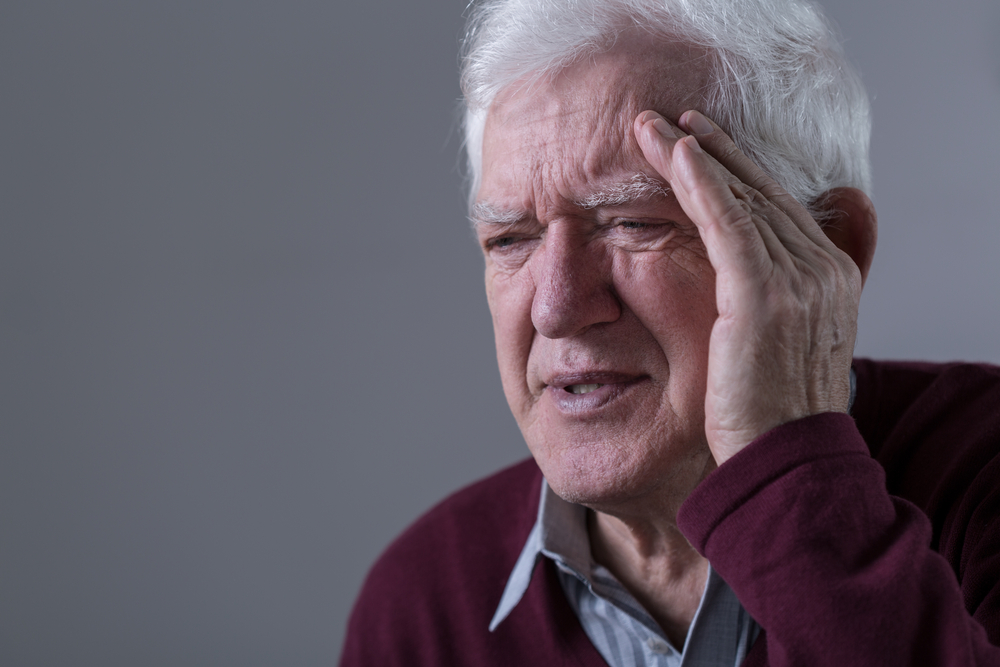'Head Rush' Linked with Increased Risk for Dementia in Older Adults

If you've ever felt a rush of dizziness after standing up too quickly, take heed: Older adults who experience that disorienting feeling frequently may be more likely to develop dementia, a new study from the Netherlands finds.
In the study, researchers found that older adults who had "orthostatic hypotension," a condition in which blood pressure drops whenever they stand up suddenly, were 15 percent more likely to develop dementia later in life.
The dizzy feeling, sometimes referred to as a "head rush," occurs because standing up quickly triggers a sudden drop in blood pressure, which, in turn, decreases blood flow to the head, according to the study, published today (Oct. 11) in the journal PLOS Medicine.
The research included more than 6,200 men and women who were enrolled in the Rotterdam Study. At the study's start, the participants were 69 years old, on average, and they did not have dementia and had never had a stroke. When the study began, the researchers noted which of the people in the study had orthostatic hypotension. [10 Ways to Keep Your Mind Sharp]
After an average of 15 years of follow-up, the researchers found that orthostatic hypotension was associated with a 15 percent increased risk of all types of dementia, including Alzheimer's disease, vascular dementia and Parkinson's dementia.
Normally, the heart compensates for a sudden drop in blood pressure by beating faster to supply more blood to the body, according to the study. But people with orthostatic hypertension who did not have this "compensatory" increase in heart rate were 39 percent more likely to develop dementia compared with people who did not have orthostatic hypotension, according to the study.
The researchers, led by Dr. Frank Wolters, an epidemiologist at the Erasmus Medical Center in the Netherlands, noted that the study does not prove cause and effect but rather that it shows an association between orthostatic hypotension and dementia risk.
Get the world’s most fascinating discoveries delivered straight to your inbox.
There are possible explanations for this link. For example, if blood flow to the head decreases every time a person stands up, the brain may not get enough oxygen, which could lead to brain damage, the researchers wrote.
In addition, several previous studies also suggested a link between reduced blood flow to the brain and dementia risk, the researchers wrote.
Originally published on Live Science.

 Live Science Plus
Live Science Plus






